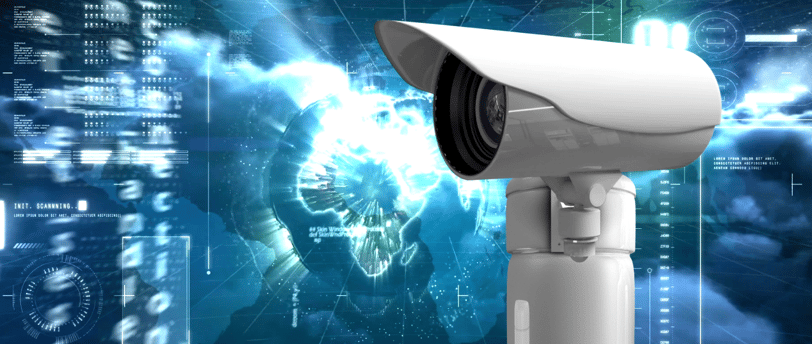Surveillance cameras have become a vital component
Surveillance cameras have become a vital component of modern institutions and systems, offering numerous benefits that enhance security, efficiency, and accountability. Here are some key reasons why surveillance cameras are important
PC TELE
5/22/20242 min read


Surveillance cameras have become a vital component of modern institutions and systems, offering numerous benefits that enhance security, efficiency, and accountability. Here are some key reasons why surveillance cameras are important:
Enhanced Security:
Crime Deterrence: The presence of surveillance cameras deters criminal activities such as theft, vandalism, and unauthorized access. Potential offenders are less likely to commit crimes if they know they are being watched.
Real-Time Monitoring: Surveillance systems allow for real-time monitoring of premises, enabling quick response to suspicious activities or incidents. Security personnel can intervene promptly to prevent or mitigate threats.
Evidence Collection:
Incident Investigation: In the event of a crime or security breach, surveillance footage provides crucial evidence for investigations. High-quality video recordings can help identify perpetrators and understand the sequence of events.
Legal Support: Surveillance footage is often admissible in court, providing strong evidence that can support legal proceedings and help achieve justice.
Employee and Customer Safety:
Workplace Safety: Surveillance cameras in workplaces help ensure the safety of employees by monitoring potentially hazardous areas and ensuring compliance with safety protocols.
Customer Protection: In retail and service industries, surveillance cameras protect customers by monitoring entrances, exits, and transaction areas, reducing the risk of robbery and ensuring a safe environment.
Operational Efficiency:
Process Monitoring: In industrial and manufacturing settings, cameras monitor production processes, ensuring they run smoothly and efficiently. This helps identify bottlenecks, inefficiencies, and areas for improvement.
Remote Management: Surveillance systems enable remote monitoring of operations, allowing managers to oversee multiple locations from a central point and respond to issues promptly.
Accountability and Compliance:
Behavior Monitoring: Surveillance cameras promote accountability among employees by recording their activities. This discourages misconduct, time-wasting, and breaches of company policies.
Regulatory Compliance: In certain industries, surveillance is a regulatory requirement. Cameras help ensure compliance with industry standards and legal obligations, reducing the risk of fines and legal issues.
Loss Prevention:
Theft Reduction: Surveillance cameras are crucial in retail environments to prevent shoplifting and employee theft. Visible cameras act as a deterrent, while hidden cameras help catch offenders in the act.
Inventory Protection: Monitoring storage areas and inventory helps prevent losses due to pilferage and mishandling.
Customer Service Improvement:
Behavioral Insights: Analyzing surveillance footage can provide insights into customer behavior and preferences, helping businesses improve their service and layout.
Dispute Resolution: Footage can be used to resolve disputes between customers and staff, providing an objective account of events.
Peace of Mind:
Reassurance: The presence of surveillance cameras provides peace of mind to employees, customers, and stakeholders, knowing that their safety and security are being prioritized.
